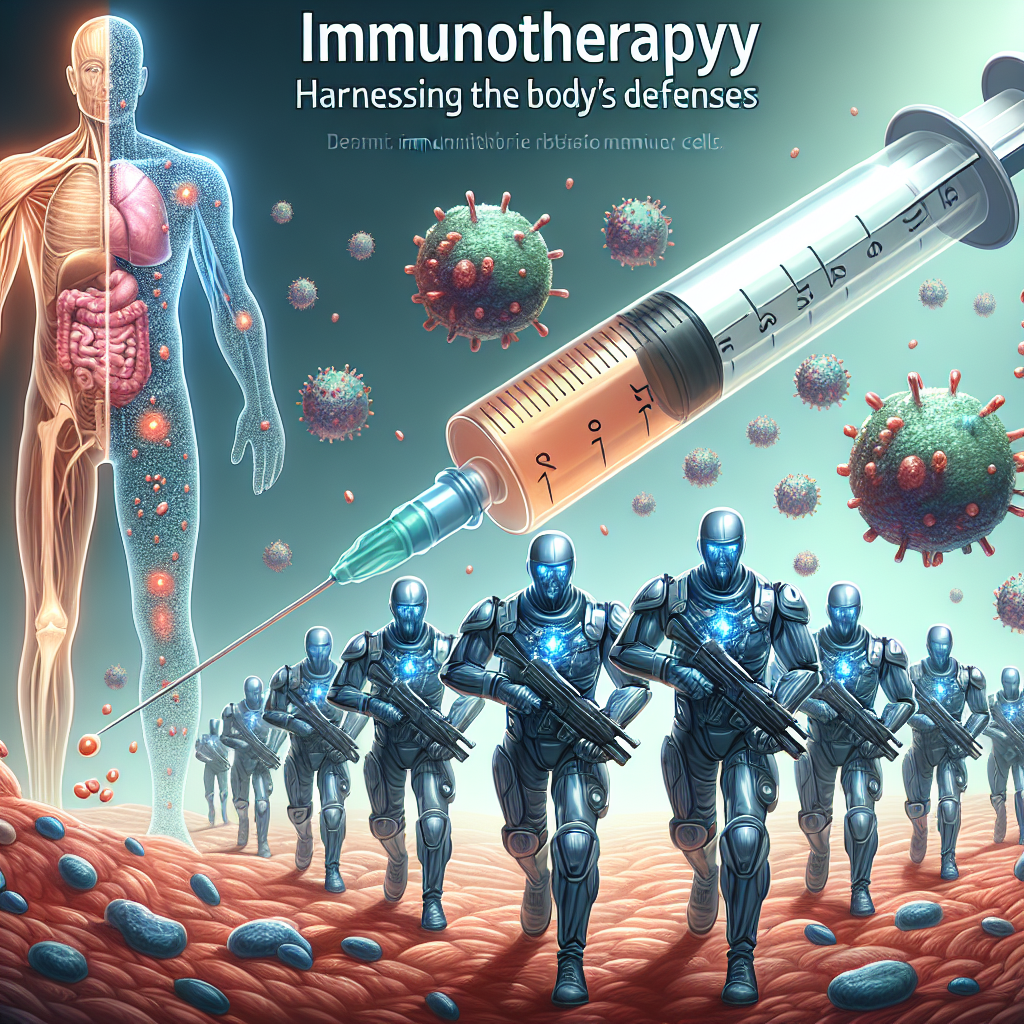Engineering Immunity: The Next Frontier in Cancer Treatment
The article explores the evolution and challenges of cancer immunotherapy, highlighting breakthroughs and limitations. It elaborates on the use of immune checkpoint blockade and cell therapy, emphasizing recent research efforts aimed at enhancing effectiveness. The discussion underscores the importance of diverse approaches for lasting cancer treatment benefits.

- Country:
- United Kingdom
In 1893, a pivotal moment in cancer treatment emerged when the American Journal of the Medical Sciences reported significant improvements in ten patients with large, previously incurable cancers following bacterial injections derived from skin infections. This marked the advent of 'cancer immunotherapy', where the immune system is harnessed as a weapon against cancer.
The immune system is a formidable ally in combating cancer and infection. Cancer cells must undergo adaptation to evade immune detection and co-opt the patient's immune mechanisms to shield themselves. Immunotherapy, gaining momentum over the past decade, aims to realign the body's defenses to eliminate tumors. This is achieved by disabling natural safety switches or 'checkpoints' that typically regulate immune responses, using specialized antibodies in a process called 'immune checkpoint blockade'.
While immunotherapy, particularly immune checkpoint blockade and Car-T cell therapy, has seen remarkable success, its focus often remains limited. Recent advances at University College London demonstrate the potential of engineered immune cells, such as gamma-delta T-cells, as carriers for anti-cancer antibodies, offering promising new avenues. The approach can leverage cells from healthy donors, reducing treatment delays and enhancing treatment prospects by incorporating diverse immune strategies.
(With inputs from agencies.)










